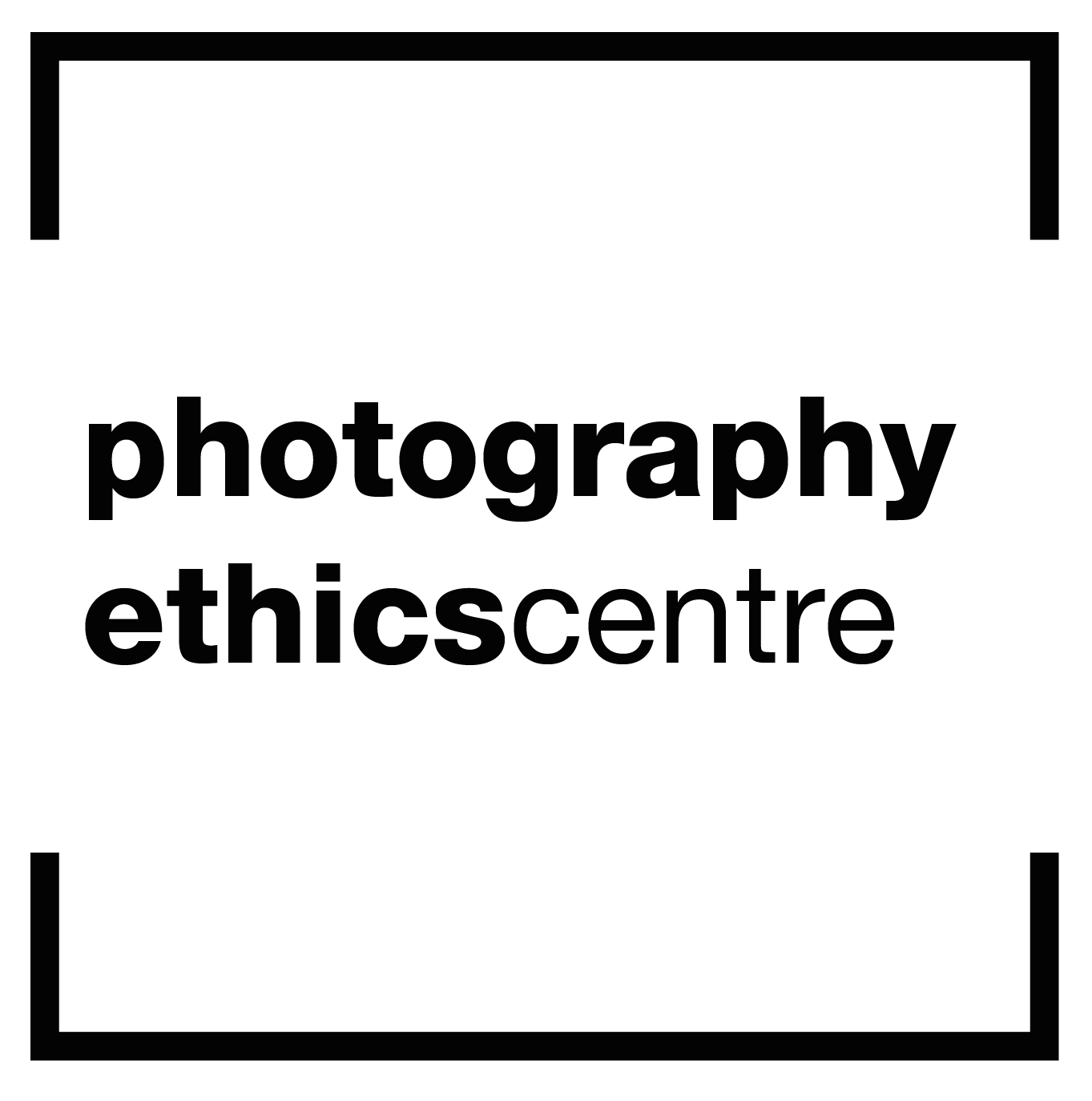Chrystal Ding: On learning through discomfort
In this episode, we talk with Chrystal about how she prepares for each project, and why she places such an emphasis on the value of research. Yet even with research, Chrystal acknowledges that you may not always be the right person to do the work. She notes that accepting being wrong sometimes, and responding quickly to your mistakes in order to minimise harm is key to being an ethical photographer. For Chrystal, discomfort is a means through which to learn and grow.
What you’ll find inside:
“It’s possible to do all your due diligence and yet maybe still be the wrong person to do the work.” (4:07)
“It’s that philosophy of person first, photographer second. I’ll approach people as people, and then we’ll go from there.” (7:33)
“I spend two years reading all the books and papers and everything that I can... and then I start thinking about what pictures I might want to take.” (13:22)
“I feel like, if you are in the business of telling stories that are quite often not your own and touch on themes that reach a lot of people, whose stories you don’t know, whose emotions you can’t always necessarily safeguard, my bottom line is that I’m ready to be wrong.” (17:30)
“Again, I’m talking about the Black Lives Matter movement but I think for me, and for many people, that was a really important moment because it made us all really uncomfortable in exactly the right way. And sitting with that discomfort, and … working on what that discomfort brings up, I think is really important.” (18:22)
“For some reason we view being wrong, or being shown up to be wrong, as a really negative thing. But actually being wrong about something just means that there’s something you didn’t know … and that’s really exciting.” (19:30)
“There is a tendency within the photography industry … that there’s a kind of cult of personality, and this idea that once you’ve made it to be one of the gods of photography you’re kind of untouchable and I do think that’s just quite harmful. Because you shouldn’t be able to rise to the god of anything, really, and there should be no point at which you’re untouchable, where you’ve reached such a height that you can’t be critiqued.” (25:12)
“The reason I struggle to think of it as a career is because I don’t make my living from photography and I feel like that is kind of a big mark against me or something. But when someone says career, it makes me think that the aspiration is to end up making a living doing the thing that I love. And actually every time I’ve tried to do that, it’s killed photography for me.” (28:25)
What does photo ethics mean to Chrystal?
“I really do think it’s just being prepared to be wrong, and being prepared to be uncomfortable, and being okay with being uncomfortable, and digging into your discomfort to find out why you’re uncomfortable. And addressing those holes that we were talking about where you lack the understanding that you perhaps might be better for having. I think it’s a constant work in progress. No one gets it right because it’s hard. But it think that means that the effort should be constant, and should be always in the background, sometimes in the foreground. … Just not avoiding the discomfort, which is easier said than done, for sure.” (32:23)
Links
Born in China, and based in the UK, Chrystal Ding is a research-led artist who works with photography, writing, personal archives and machine learning to explore the impact of past trauma and future technological advancement on identity. Her work focuses on the intersections of science, culture, and the individual, and has been published by the BBC, the Guardian, the Telegraph and more. In 2019, she was awarded the Rebecca Vassie Memorial Award for her work ‘Yours is going to be healed as well’ about genocide survivors in Rwanda. Her current work uses machine learning as a tool for self-expression and she’s interested in issues of embodiment in the machine age.
You can see her work at http://www.chrystalding.com/
This podcast is supported by the Rebecca Vassie Trust, a UK-based charity which promotes the art of narrative photography through granting bursary awards to up-and-coming photographers, and funding public education projects like this one. This podcast has full editorial independence, and the views expressed in this series are not necessarily those of the Trust.
